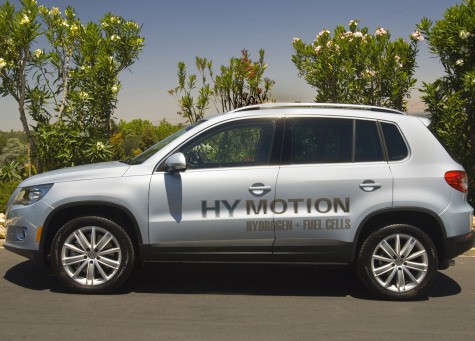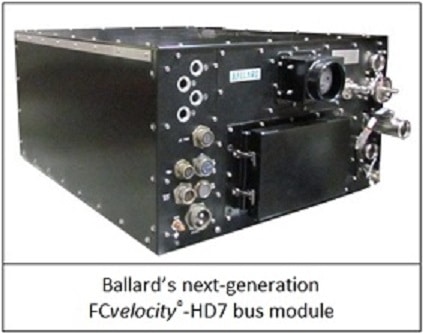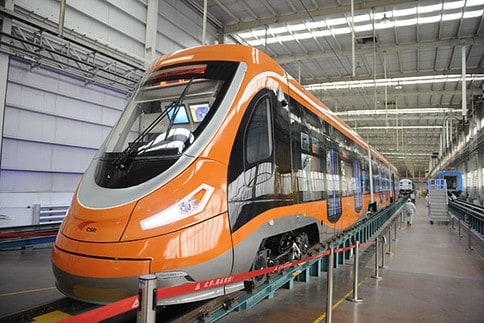

Shares of Ballard Power (Ballard Power Stock quote, Chart, News: TSX:BLD) are up sharply again today, adding to a run that has seen the Vancouver-based company’s stock nearly double since the beginning of March.
Ballard’s rise has been punctuated by a series of announcements, including Q1 financials that saw its revenue climb by 22% year-over-year to $12.3-million.
Casual observers know Ballard as cleantech player that garnered worldwide attention as the hydrogen fuel cell supplier of choice to the auto industry. In March of 2000, the company’s stock soared to more than $200, as it received high-profile investments from DaimlerChrysler and Ford. Many believed that hydrogen fuel cells were the green automotive solution of the future, but Ballard came crashing back to earth when auto manufacturers couldn’t make the economics work.
Today, Ballard makes much of its revenue by providing fuel cell power for things that don’t move. The company’s endeavors into telecom backup power accounted for $6.4-million in revenue during Q1, a number that was up 444% over last year, moving this segment to more than half of Ballard’s topline. The company’s fuel cell systems have performed especially well in places like Indonesia and in the Bahamas, where they helped maintain consistent power during when Hurricane Sandy hit the area last October. Ballard has carved out a niche as a one of the world’s leading hydrogen fuel cell companies.
What may really be driving Ballard, however, is a renewed interest in hydrogen as an energy source for vehicles.
Recently, Ford, Renault-Nissan and Daimler, with the help of Ballard, announced they had agreed to jointly develop a fuel cell system to try to and advance the availability of zero-emission vehicles. According to group vice president of global product development at Ford, Raj Nair, the company is pursuing the initiative because the cost of fuel cell production has come down. The group expects to launch “the world’s first affordable, mass-market fuel cell car” by 2017.
To the surprise of some, Ballard wasn’t out of the car business altogether, it was simply constrained by a five-year non-compete agreement. That agreement recently expired and the company celebrated by announcing a four year deal with Volkswagen to to develop fuel cells in demonstration vehicles. That contract, says Ballard, is valued at between $60-million to $100-million.
Investors today no doubt hope Ballard can rekindle a bit of the magic it enjoyed in the 90’s. It’s likely however they will have less patience for the company’s continued losses. Despite a better topline, Ballard lost another (U.S.) $7.9-million in its first quarter. The Vancouver Sun’s David Baines points out that the company’s cumulative loss now sits at an astonishing (U.S.) $1.1 billion.
At press time, shares of Ballard Power on the TSX were up 12.2% to $1.38.
Leave a Reply
You must be logged in to post a comment.





 Share
Share Tweet
Tweet Share
Share




Comment